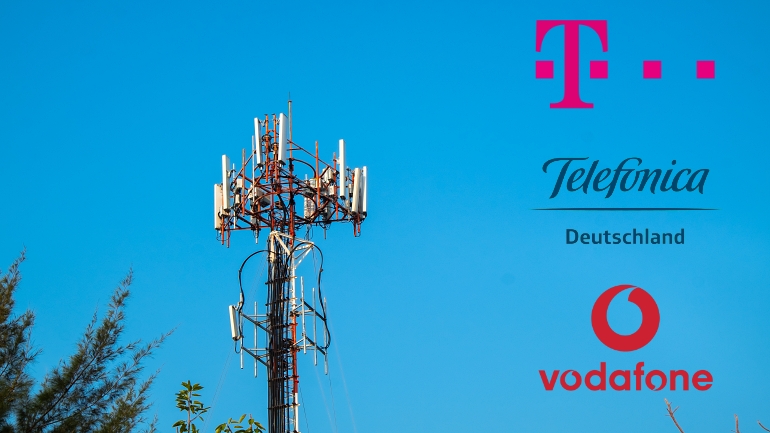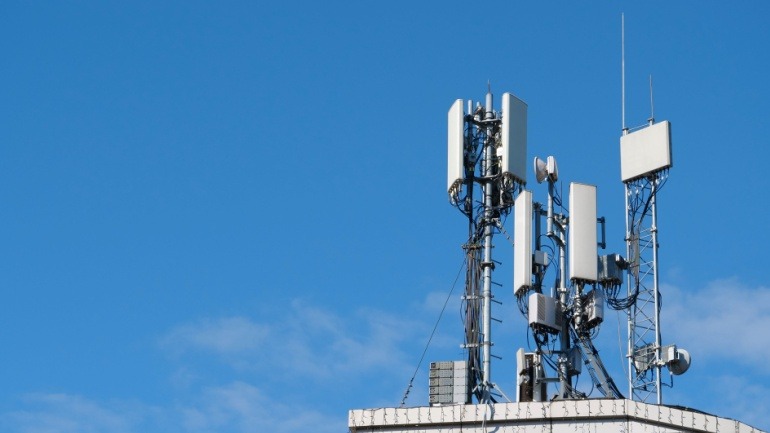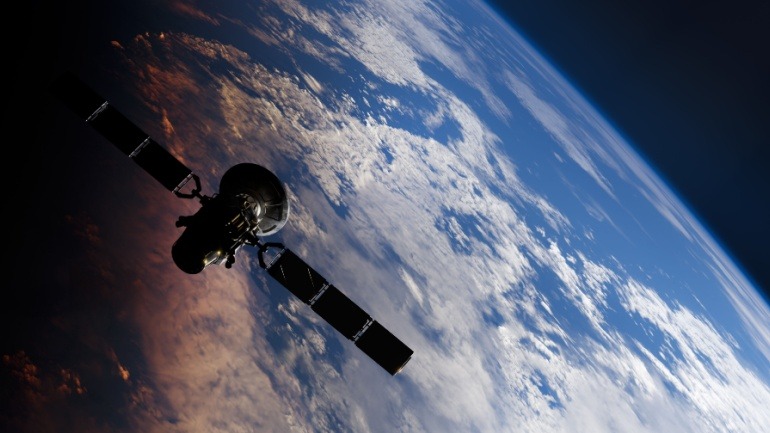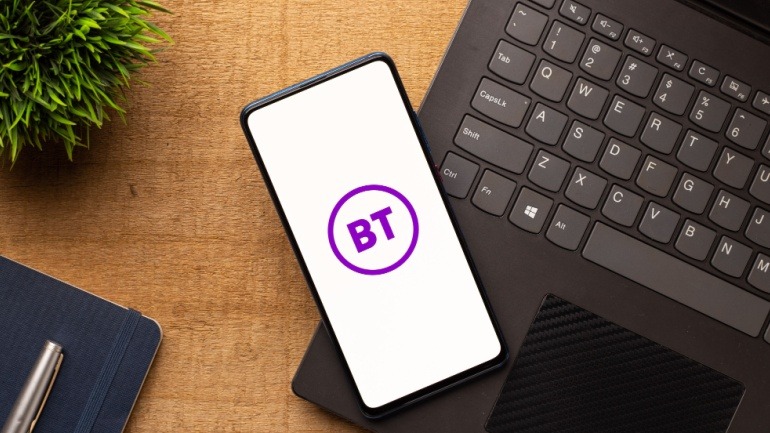An independent news platform Telecoms.com has recently published its Annual Industry Survey 2019, with the main focus being on topics such as industry updates, 5G rollout, digital transformation, the Internet of Things (IoT), as well as the modernization of Operations Support Systems (OSS) and Business Support Systems (BSS). The survey, covering the industry landscape over the last 12 months and projecting into 2020, has revealed an optimistic forecast that is mainly supported by the launch of 5G commercial services, innovations and progress in other important areas of the industry. According to the report, the single biggest change in the industry landscape over the past year was the deployment of commercial 5G services in different parts of the world. Regardless of the fact that the best-selling service is high-speed Internet access (mobile and fixed), B2B services, including 5G serving other vertical industries, will undoubtedly play a much more significant role…
The three largest telecommunications providers in Germany, Deutsche Telekom, Telefonica and Vodafone, have announced a partnership to build 6,000 new mobile sites in order to improve broadband coverage in the country. The companies are planning to work closely together and share the use of the network, aiming to provide the best possible mobile broadband coverage for customers in rural areas, as well as along road, rail and inland waterway transportation routes. This is a condition that the operators are required to fulfill as specified in the 5G spectrum auction held by German federal regulators earlier this year. Dirk Wossner, Telekom Deutschland’s Managing Director, said, “The planned collaboration is a milestone for network expansion in Germany. Our common goal is to eliminate coverage gaps in the mobile network as soon as possible. Sharing infrastructure is nothing new for us. Sharing it at this scale, however, is a major step in the right…
The term net neutrality, which pops up in Internet debate every few years, is the belief that all data on the Internet should be treated the same way by the Internet service providers (ISPs) and governments that regulate most of the Internet. The term suggests that there should be no discrimination and prices should not depend on user, content, website, platform, or application. There is always an uproar about the subject every time the Federal Communications Commission (FCC) submits a new rule on the topic, but then the matter quickly fades away. This ongoing cycle has resulted in tired businesses and consumers that have become insensitive towards the issue. However, they must not forget that most businesses now rely on the Internet for various workflows, and therefore any changes in the rules of net neutrality can significantly affect the VoIP industry and way companies function, particularly VoIP providers, since they…
Vodafone Germany has ingeniously transformed a traditional advertising column into a 5G antenna site in Stuttgart, kickstarting a project to enhance urban mobile coverage. Utilizing Ericsson antennas and fiber optic backhaul, it offers 500 Mbps speeds. This innovation expands Vodafone’s 5G network seamlessly, avoiding the challenges of building large cell towers.
United Airlines resolved a static interference issue affecting Starlink Wi-Fi on some Embraer E175 aircraft by repositioning equipment. The rest of the fleet remains unaffected, and the rollout continues with sixty jets now offering high-speed satellite internet.
Sparkle has launched a new Point of Presence in San Diego, expanding its U.S. network and enhancing connectivity across the Americas. Integrated with its global Seabone backbone, the new site offers high-speed IP services, robust security features, and diverse routes for improved reliability.
Ericsson unveils the Indoor Fusion 8828, a cutting-edge 5G solution engineered for enhanced indoor wireless connectivity. This innovation, first adopted by Bell, integrates radio and baseband in a single unit, supporting high-speed 5G coverage in small venues.
Fastweb and Vodafone’s merger will launch a private 5G network at Italy’s Port of Ravenna. This move aims to make it a smart port, supporting IoT and autonomous technology. This 15km canal hub will see enhanced cargo monitoring and environmental data tracking, boosting logistics efficiency.
Project Kuiper by Amazon is poised to revolutionize the broadband landscape with its Low Earth Orbit (LEO) satellite launch, directly challenging Starlink. With over 3,200 satellites and telecom partnerships, Kuiper promises high-speed, low-latency internet worldwide. This development is a significant contender in the growing LEO broadband market.
BT urges UK SMEs to switch from analogue to digital networks by 2025 amid the phased retirement of PSTN, essential yet outdated. With 22% still reliant on traditional systems, disruptions rise.













